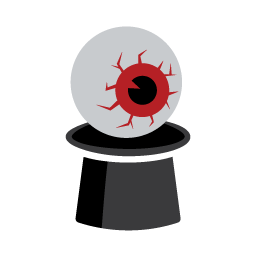IIT confuses me. Every time I try to understand it, it sounds like incoherent pseudoscience using technical-sounding language that doesn’t actually describe anything actionable. Yet it’s also very popular and has some implementations approximating its metric? Maybe I’m just dumb… Though I’m pretty sure random networks of XOR gates aren’t conscious fwiw.
I really enjoyed this article. It’s very validating to see that other people see the same issues as I do with pseudoscience, especially when spouted by reputable scientists.
The field of psychology, in particular, still feels riddled with pseudoscience everywhere you look (probably due to being so young compared to other fields), which has already severely undermined its reputation in the eyes of many people I’ve talked to.
I didn’t know about IIT specifically, but I’ve definitely heard way too much quackery around the concept of consciousness. To me, the first issue that I find around this topic is the lack of an operational definition. There seems to be no agreement about what are we looking for exactly. If we are going to look for this human-made construct called consciousness, first we need a clear definition that allows us to measure it, and separate what is conciousness from what isn’t. Once we have that definition, we can search for consciousness, and after that, then we can start making theories about how it emerges.
Completely agreed. Quantum Woo is all over, and being used as “evidence” to support all sorts of unscientific bullshit.
But what makes it so insidious is that, to many laymen, it sounds scientific. Quantum Woo peddlers deliberately use confusing terminology to make their ideas sound profound and scientific.



